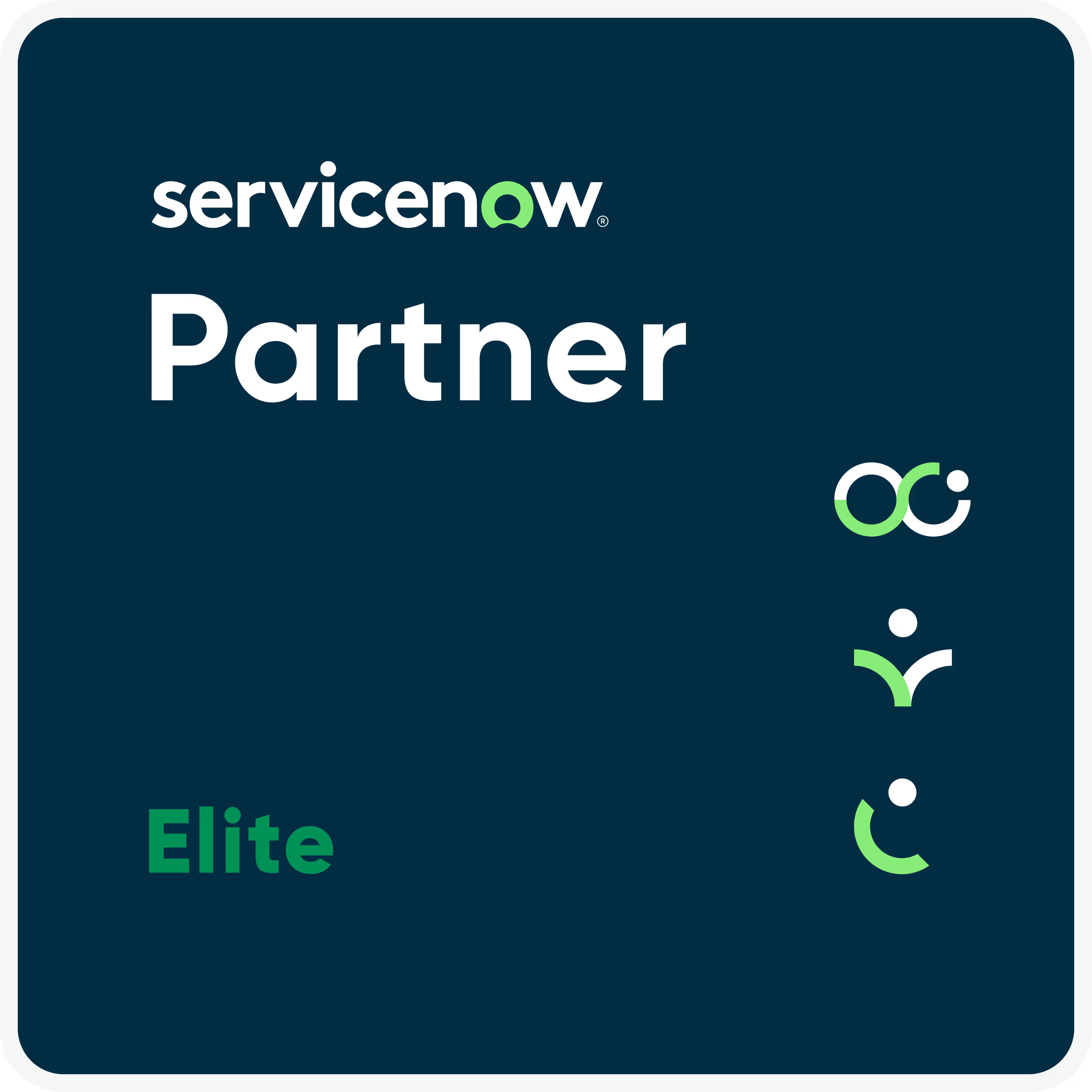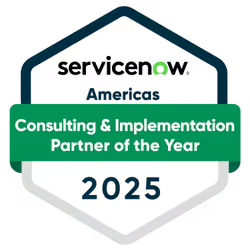Preparing to roll out Discovery inside of ServiceNow's IT Operations Management suite? Most Discovery gotchas aren’t technical… they’re planning, credential, or expectation-related. If you lock down credentials, connectivity, MID configuration and scope clarity, your rollout avoids 80% of common pitfalls.
Credentials Management
Discovery success lives or dies on credential coverage.
The Gotcha: Teams underestimate how hard it is to gather, validate, and maintain credentials across a diverse environment (Windows, Linux, databases, network devices, cloud APIs).
The Impact: Incomplete discovery, orphaned devices, and inconsistent CMDB population.
Avoid it:
- Build a credential inventory early.
- Involve security teams for vault integration.
- Test credentials with the Credential Affinity tool.
Firewall & Network Segmentation
Even with correct credentials, blocked ports, proxies, or network ACLs can silently break Discovery.
The Gotcha: Teams assume Discovery will “just work” without proper firewall rule reviews.
The Impact: Unreachable hosts, missed subnets, and wasted troubleshooting cycles.
Avoid it:
- Map required ports/protocols before rollout.
- Run test probes from MID Servers to critical subnets.
- Document exceptions with network/security teams.
MID Server Setup
MID Servers do all the heavy lifting so we need to make sure that scaling, bandwidth, and placement are appropriate.
The Gotcha: No consideration for load, placement, and redundancy.
The Impact: Slow or incomplete discovery, queue bottlenecks, unreachable hosts, stale configuration items.
Avoid it:
- Right-size MID Server CPU/memory.
- Distribute load across multiple MIDs by function or region for bandwidth and redundancy consideration.
- Host architecture session(s) to determine placement and quantity needed
Discovery Scope & Expectations
Many customers expect “Discovery will find everything” out of the box.
The Gotcha: Not aligning scope (what’s in-network, what’s discoverable, what’s in cloud APIs, what’s out of scope) and not managing stakeholder expectations.
The Impact: Frustration when unsupported devices/apps aren’t discovered, or when the business wants app/service maps without proper configuration or integrations.
Avoid it:
- Define what’s in scope (on-prem, cloud, network devices, etc.).
- Share Discovery’s supported technologies list.
- Phase rollout—start with high-value, high-coverage areas… consider the 80/20 rule.
Lack of Stakeholder Ownership & Process Alignment
Discovery isn’t just a technical exercise—it feeds ITSM, ITOM, Security, and Asset processes.
The Gotcha: Nobody owns the CMDB data lifecycle, so updates from Discovery conflict with manual updates, or there’s no process for handling new/retired CIs.
The Impact: Even if Discovery is technically successful, the CMDB quickly becomes stale, inconsistent, or mistrusted by downstream processes.
Avoid it:
- Assign data owners for CI classes.
- Align Discovery updates with ITSM, ITAM, and SecOps processes.
- Establish CI review/attestation routines.
Discovery success is 80% planning, 20% execution. Nail down credentials, connectivity, MID server configuration, scope, and ownership… Discovery becomes a reliable foundation for ITOM, ITAM, and beyond.


/Passle/687faed8406a27ba06a79b50/SearchServiceImages/2026-01-30-16-49-12-001-697ce108290252c36e0c664f.jpg)
/Passle/687faed8406a27ba06a79b50/SearchServiceImages/2025-11-18-23-09-00-300-691cfc8ce22d9808a791cfb8.jpg)
/Passle/687faed8406a27ba06a79b50/SearchServiceImages/2025-10-22-19-24-13-567-68f92f5d096071562649ff47.jpg)















